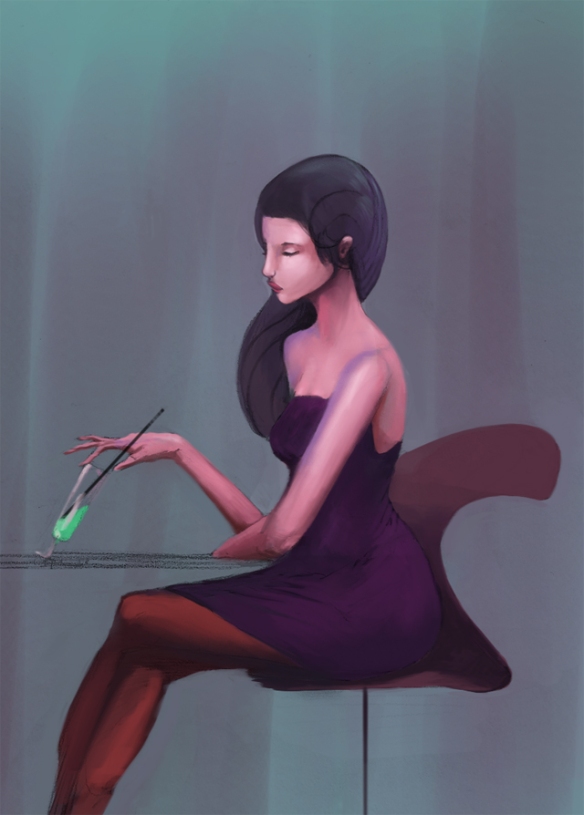Translated from the Chinese by Conor Stuart. This is a short story taken from City of Tears (哭泣哭泣城 kuqi kuqi cheng, 2002) by Roan Ching-yue (阮慶岳) , an architect and professor based in Taipei.
Can I still be heart-broken
He arrived in Hanoi in the afternoon. He didn’t know what to do, so he just wandered around the busy districts and the little alleys near Hoan Kiem Lake, buying a few things for the sake of it, then an old opera house building towering at the end of the street drew him over; there were people queuing up to buy tickets at the booth, he approached and asked a woman what was going on, she said it was an event celebrating the fortieth anniversary of something, and that there was an opera performance from Paris, she said it would be really good and that he shouldn’t miss it.
There was still some time remaining after he’d bought the ticket, and after turning a few corners he came across a beer garden where he sat down to order a drink; there were a few western patrons scattered throughout the bar, mostly in couples or in groups, he was sitting alone, feeling a strange unsettling feeling of not knowing where to direct his gaze. He was still unable to convince himself that he was already here in Hanoi, or indeed of the reasons why he had come, it didn’t seem that this was the course his life should be running, but he really sitting here now, it was strange but inescapable.
The sky darkened suddenly, he paid the bill and then made his way gradually back to the opera house. Along the road there were young pedlars, one of them wouldn’t go away and followed him through a few alleys, a beggar woman urged her daughter, who couldn’t have been older than three or four years old, to hold on tight to his trouser leg; this all made him rather uncomfortable, he had a french opera to enjoy, if only these people, the onslaught of which he was helpless against, would stop appearing in front of him, in the square in front of the opera house he could still see the young policeman standing at attention, indifferently looking on without seeing, he even began to feel resentment against the Vietnamese government for allowing these two completely different worlds to coexist, such inappropriate neighbours with no way to avoid clashing. Continue reading


